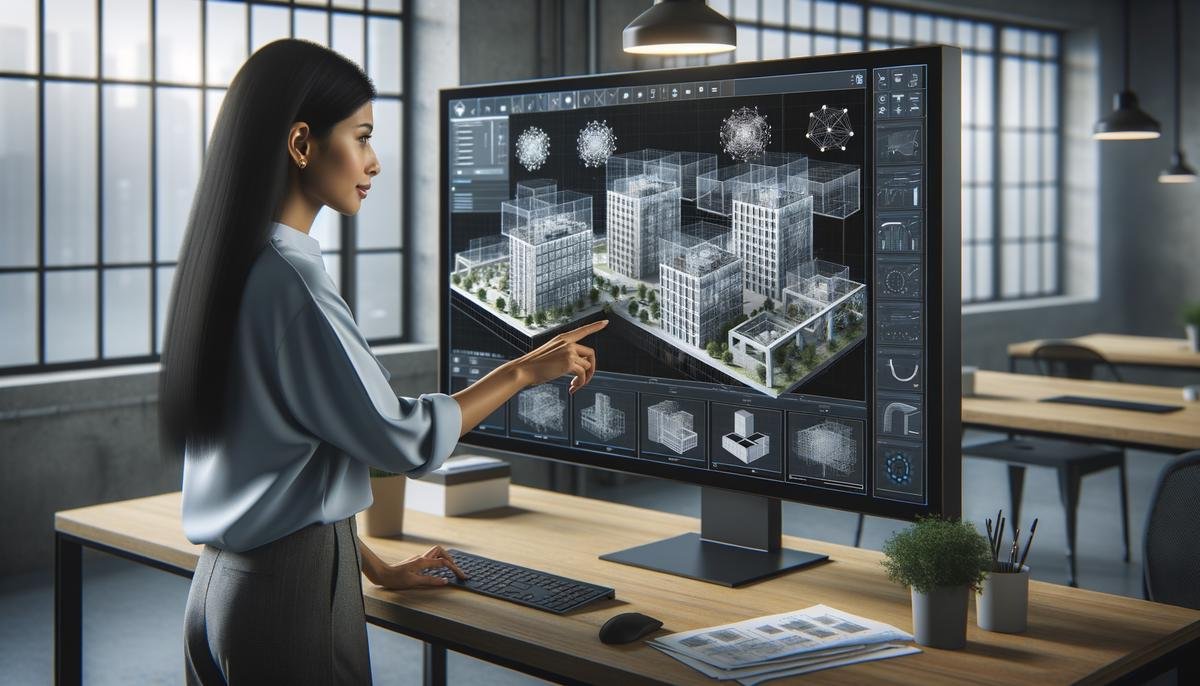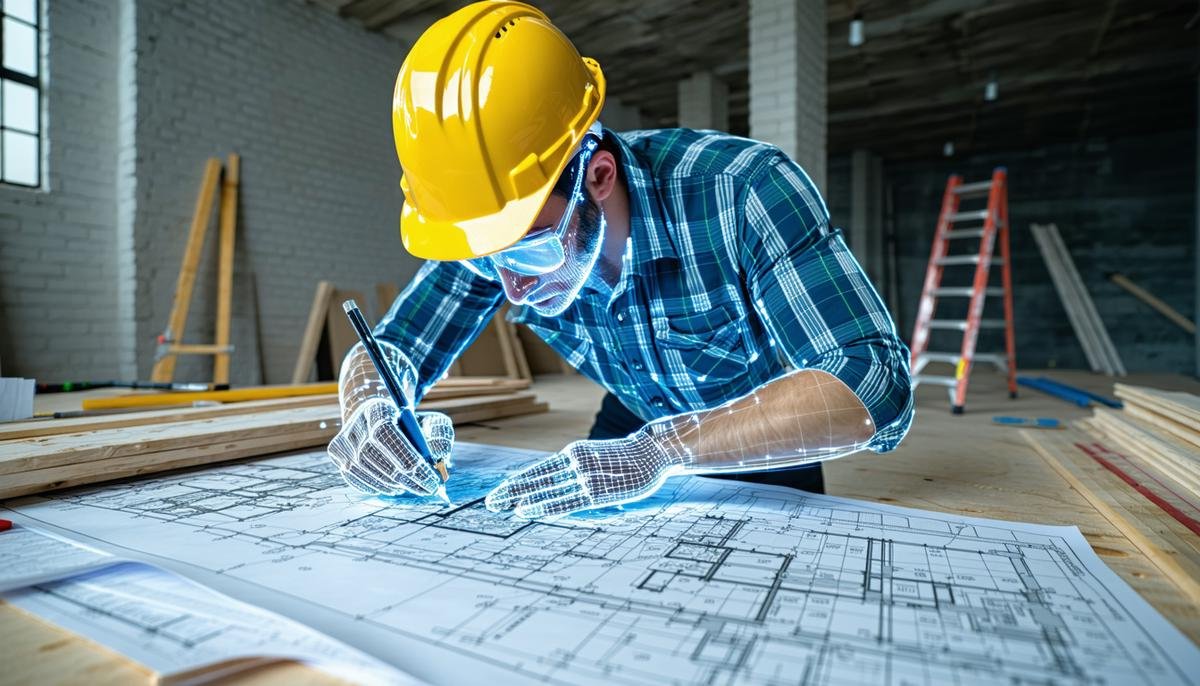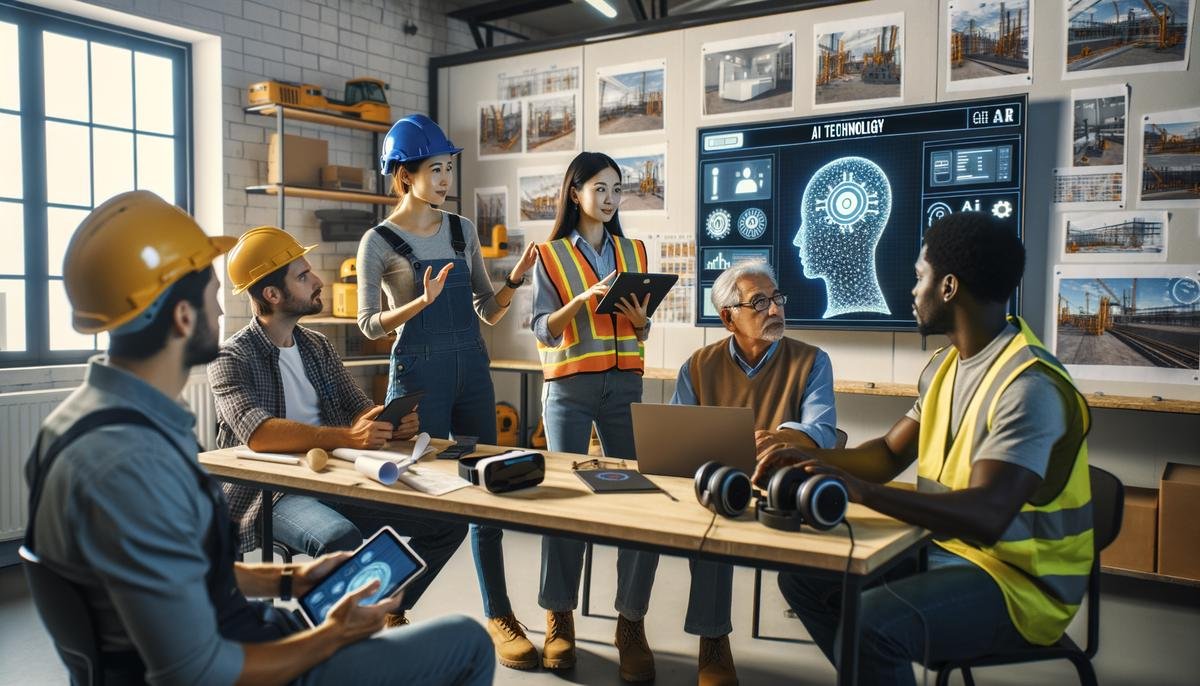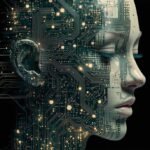AI in Project Management
AI is transforming project management in construction, improving precision and efficiency. AI-driven tools analyze data to predict delays and identify risks early. These tools process vast amounts of historical data, allowing project managers to spot potential bottlenecks or resource shortages in advance.
For resource allocation, AI makes data-driven decisions. Models can suggest effective ways to distribute materials, manpower, and time. This accuracy minimizes waste and boosts efficiency, helping projects progress smoothly.
AI's decision-making extends to cost analysis. It examines project elements, offering suggestions and highlighting areas to reduce expenses without compromising safety or quality. This empowers project managers to make informed, data-backed decisions.
In essence, AI makes construction management more controlled. It provides tools that redefine the project's flow, allowing managers to focus on strategic planning rather than crisis management.
AI for Safety and Risk Assessment
AI enhances safety and risk assessment in construction through computer vision technologies and predictive analytics. These systems can detect when workers forget safety gear or when machinery is used improperly. By monitoring sites continuously, AI ensures adherence to safety protocols.
AI's risk assessment capabilities are significant. By analyzing historical data and current conditions, these systems predict potential incidents, allowing management to anticipate and mitigate problems. This predictive ability results in fewer accidents on construction sites.
The implementation of AI in safety and risk assessment promotes a more proactive approach to construction safety. By continuously monitoring site conditions and flagging potential issues, AI helps protect workers and fosters a culture of prevention.

AI in Design and Quality Control
AI is advancing design and quality control in construction through generative design and Building Information Modeling (BIM) enhancements. In the design phase, AI can rapidly generate optimized design options based on specific criteria such as budget, materials, and building codes.
In BIM, AI allows for detailed simulations that identify potential conflicts before construction begins. This results in fewer surprises and a smoother construction process overall.
For quality control, AI offers real-time defect detection and ensures adherence to quality standards. Using cameras and sensors, AI can detect flaws that might be missed by human inspectors, making quality control more proactive and reducing the need for reworks.

AI in Construction Takeoff and Cost Estimation
AI is streamlining the construction takeoff and cost estimation process. AI tools can scan digital plans and identify elements with high accuracy, completing takeoffs quickly and precisely. This automation reduces workload and minimizes human error in calculations.
Accurate takeoffs lead to more reliable cost estimates, giving contractors an edge in competitive bidding. AI allows firms to submit more bids with confidence, potentially increasing their chances of securing contracts.
By automating time-consuming tasks, AI levels the playing field, allowing smaller companies to compete more effectively with larger firms. The time saved through automation can be redirected towards developing winning strategies and improving overall project planning.

Challenges in AI Adoption
Adopting AI in construction faces several challenges:
- Cost: The initial cost of implementing AI solutions can be significant, particularly for smaller firms. To address this, companies can approach AI integration gradually, focusing on areas with clear returns on investment.
- Workforce adaptation: Many construction workers may be unfamiliar with advanced technology, necessitating comprehensive training programs. It's important to present AI as a tool that enhances workers' capabilities rather than a replacement for human labor.
- Technological infrastructure: Upgrading to reliable internet access and modern data management systems is essential for successful AI implementation, especially on remote construction sites.
Partnering with technology specialists can help address these challenges by providing necessary support, resources, and expertise. By strategically addressing these issues, construction firms can harness the benefits of AI to improve efficiency, safety, and competitiveness in the industry.

AI is reshaping construction, improving precision and efficiency. It offers new levels of foresight in project management, enhances safety, and streamlines design and cost estimation processes. While challenges exist in adoption, strategic implementation of AI can lead to significant improvements in the construction industry.
- McKinsey. Artificial intelligence: Construction technology's next frontier. 2017.
- Construction Dive. AI in Construction: What It Is and How It's Transforming the Industry. 2023.
- Boston Consulting Group. Will Construction Robots Weld, Bolt, and Lift Buildings Faster? 2019.
- Occupational Safety and Health Administration. Commonly Used Statistics. 2023.
- Mordor Intelligence. AI in Construction Market – Growth, Trends, COVID-19 Impact, and Forecasts (2022-2027). 2022.




